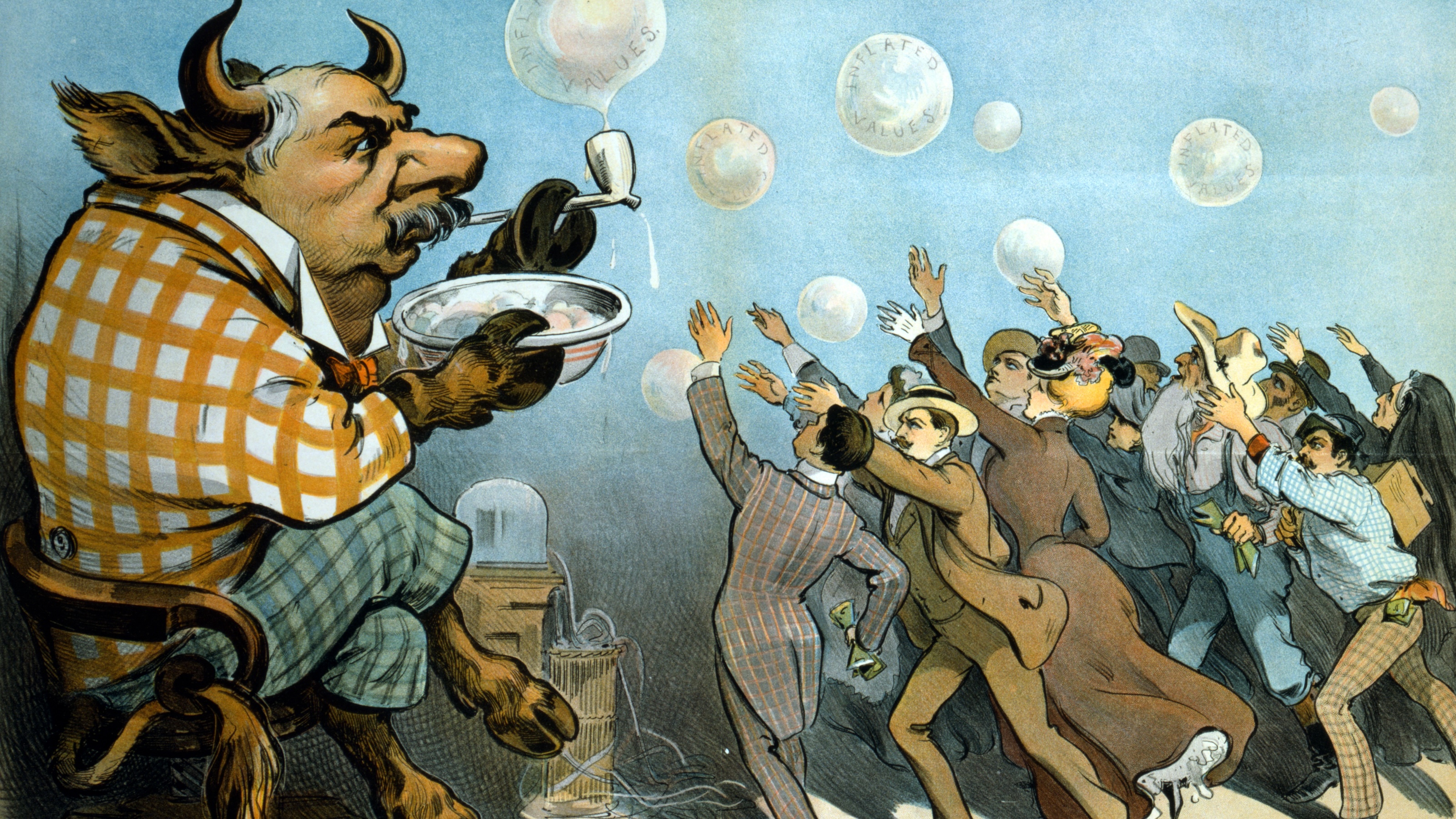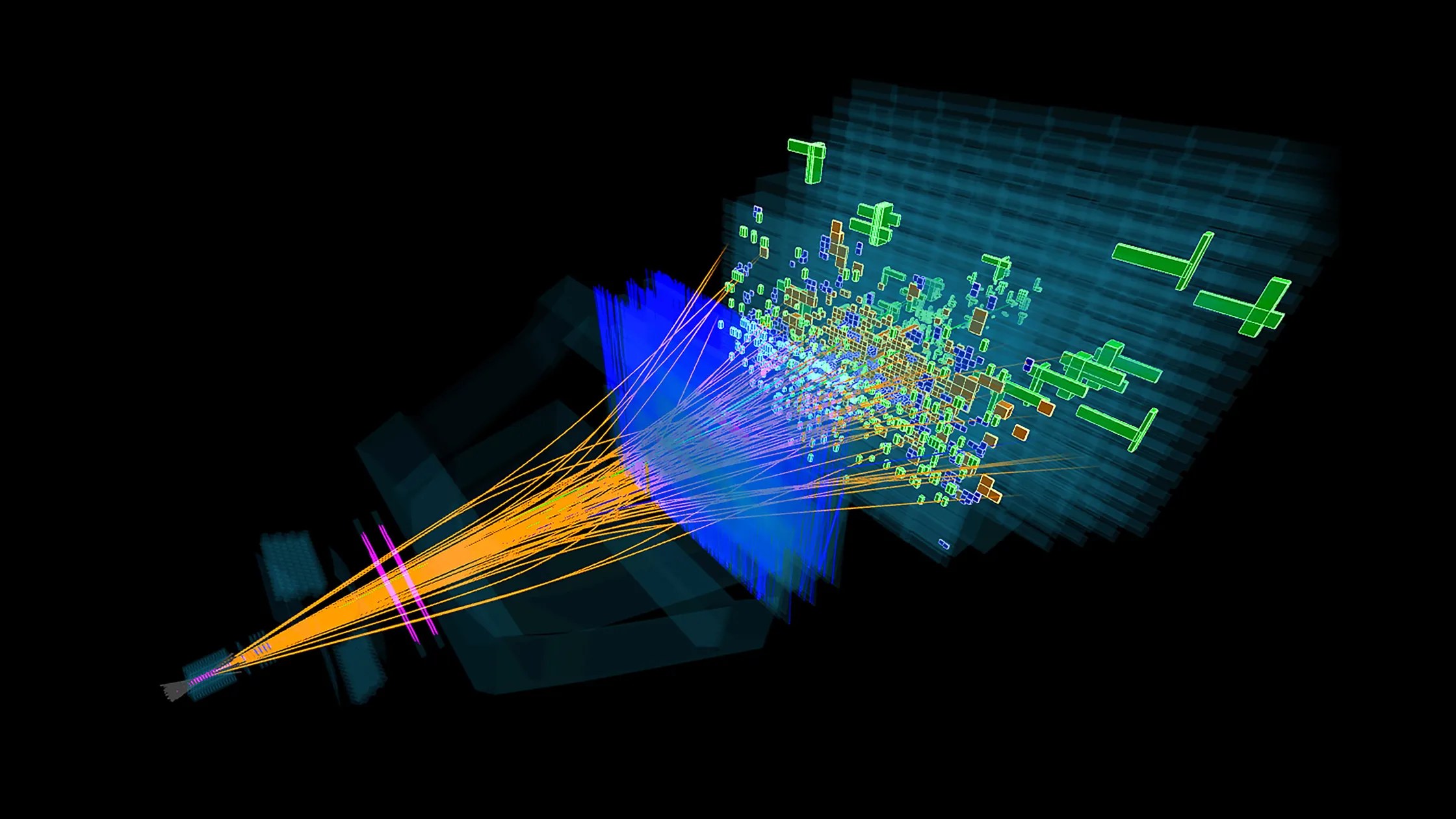Hip-hop is going global.
Question: Where is hip-hop headed?
Wyclef Jean: I think the culture of Hip Hop is spreading through the world and it can’t -- it can’t slow down because what happened is every place there’s communities, and all these communities have they own expression of Hip Hop and what they wanna talk about. I think Rap music in the States -- you know we’re in a situation right now where we’re trying to figure out what it is, you know what I’m saying, because every other person is a Rapper. So what’s gonna determine, you know, your life as a rapper? Every other person’s a rapper, every other person’s talking about Jews, every other person’s talking about champagne, every other person’s talking about they rims and they’re grills.
That’s every other person. So, like, the lifespan of a Rapper now is probably eight months. So we’re like, “Yo, where’s the actual go,” you know what I’m saying? So it’s like, you know, you still got the Commons, you know. You’d have -- you still have people that represents they side. T.I. represents his side, Lil Wayne has his side, you know, Common, Kanye, you know what I’m saying; Lupe Fiasco just came and claimed his side. So I think, you know, it could get interesting, but we just need more variety so that it could be sustainable. Because if we don’t get more variety, then what’s gonna end up happening is it’s just gonna get boring.
Question: Where do you see hip-hop in 15-20 years?
Wyclef Jean: In 15, 20 years, you know, Hip Hop will always be around, the culture will be around, but it will be in a new form of a new expression, and it’s probably gonna go back to melodies and songs.





